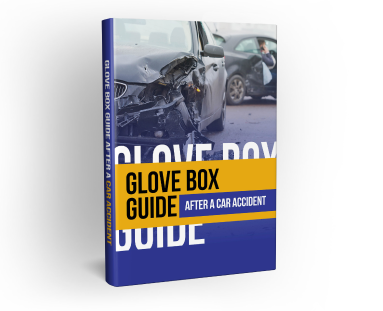All-terrain vehicles, or ATVs, offer opportunities to enjoy the outdoors that entail less physical exertion than hiking. They can take us on dirt roads and trails in forests and deserts that are inaccessible to conventional cars. They cost much less than Jeeps and other four-wheel-drive vehicles, and you can load them in your pick-up trucks.
However, like other modes of transportation, riding an ATV can be deadly, and you do not have to be careless to get into an accident. More children are likely to require hospitalizations or die in ATV accidents than in bicycle mishaps. Helmets provide some protection, yet not wearing one could make the victim susceptible to a brain injury, especially if the ATV flips over. Moreover, children are more likely to sustain brain injuries than adults are. Carrying passengers—illegal in some states—also makes ATVs likely to tip over.
Some accidents are mechanical in nature or otherwise beyond the control of ATV riders. In the past, manufacturers have recalled ATVs voluntarily in cooperation with the Consumer Product Safety Commission (CPSC). For instance, the CPSC on Nov. 10, 2011, reported the recall of Arctic Cat ATVs because the steering tie-rod could bend creating a lack of control on the part of the operator. The Commission advises consumers to stop using recalled vehicles immediately unless instructed otherwise.
The terrain of the land can cause hazards as well, such as when a 13-year-old girl plunged an ATV 125 feet into a mine shaft in 2007 near Chloride, Ariz., killing her and severely injuring her 10-year-old sister. They were riding at 7 p.m. and apparently did not see the mineshaft, which was concealed by brush and not fenced off, according to news reports at that time.
If you exercise common sense and take precautions, you will reduce the likelihood that you or a loved one will be injured or die. You can also follow some of these suggestions:
- Make sure the ATV is in top running condition.
- Make sure the primary rider is trained in operating the ATV.
- Wear a helmet, and insist that others wear helmets when riding.
- Use established trails, and observe rules on public lands, such as signs advising trails are “off limits” to motorized vehicles.
- Avoid riding ATVs when it is dark or during inclement weather.
If a loved one is injured or killed in an ATV accident through no fault of their own, contact a personal-injury attorney to help you start and settle your case effectively.






























